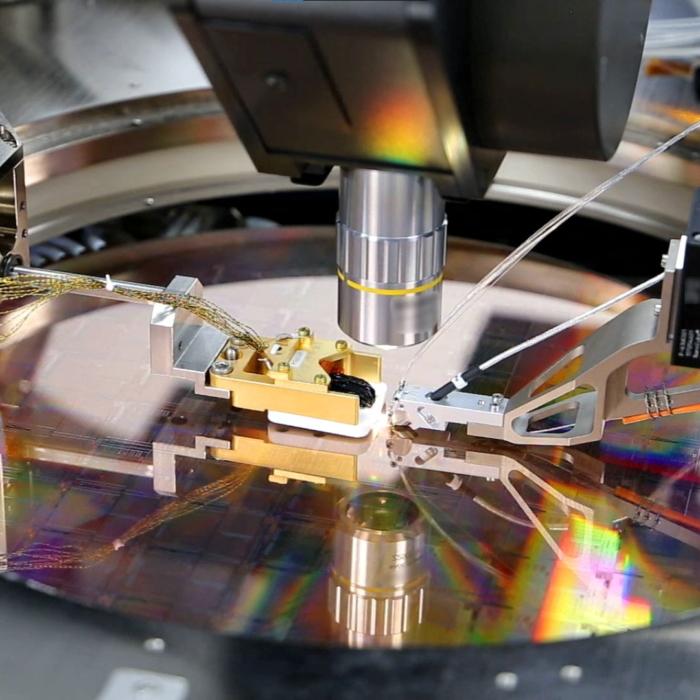A quantum-based navigation system immune to GPS jamming has passed flight trials and could soon be used by British military jets and civilian airliners.
Scientists fear Britain’s current reliance on GPS (global positioning system) could create a vulnerability, in which a hostile actor can jam or spoof signals leading to massive economic disruption as well as the potential to undermine the country’s air defences.
Currently planes are sometimes targeted by “hostile actors” which block or spoof their GPS but manufacturers of the new quantum-based positioning, navigation and timing (PNT) system say it is tamper-proof.
Flight trials have been completed at the Ministry of Defence’s Boscombe Down air base in Wiltshire.
The Department for Science, Innovation and Technology (DSIT) said it was the first time the ground-breaking technology—developed by quantum technology firm Infleqtion in association with BAE Systems and Qinetiq—has been used in the UK on an aircraft in flight.
Quantum Technology Could Provide ‘Resilience’
“The scientific research we are supporting here on quantum technology could well provide the resilience to protect our interests,” he added.Mr. Griffith said, “The fact that this technology has flown for the first time in British skies is further proof of the UK as one of the world leaders on quantum.”
A Tiqker optical atomic clock and an ultra-cold-atom-based quantum system were among the technologies demonstrated in test flights.
Ultracold atoms—atoms which have been cooled to temperatures near absolute zero (the coldest possible temperature)—are ideal for building quantum accelerometers and gyroscopes, which form the heart of a quantum inertial navigation system (Q-INS), which has the potential to revolutionise PNT.
The government has funded the project to the tune of £8 million and says the new system could work independently of traditional satellite navigation, which uses GPS.
Infleqtion’s UK president Timothy Ballance said: “The work we have done directly addresses the critical need to reduce our reliance on satellite navigation systems, which are vulnerable to various risks.”

“The successful flight trials demonstrate the potential of quantum technology in overcoming navigation system challenges, which is an exciting development for future applications in the aerospace industry and beyond,” he added.
Supporting ‘Next Generation Combat Air Systems’
“This will play a big role in supporting the development of next generation combat air systems,” he added.Other companies involved in the quantum technology consortium were the Fraunhofer Centre for Applied Photonics, Alter Technology UK, Caledonian Photonics and Redwave Labs.
Artificial Intelligence (AI) and quantum technologies are revolutionising many industries and Britain and the United States are competing with China to make breakthroughs, especially in the field of military encryption.
In the national quantum strategy, a 10-year vision by the British government, it admitted less than a third of British business had taken, “concrete steps to prepare for quantum computing.”
As part of the strategy it aims that, “By 2033, all businesses within key relevant sectors of the UK will be aware of the potential of quantum technologies and 75 percent of relevant businesses will have taken steps to prepare for the arrival of quantum computing.”







